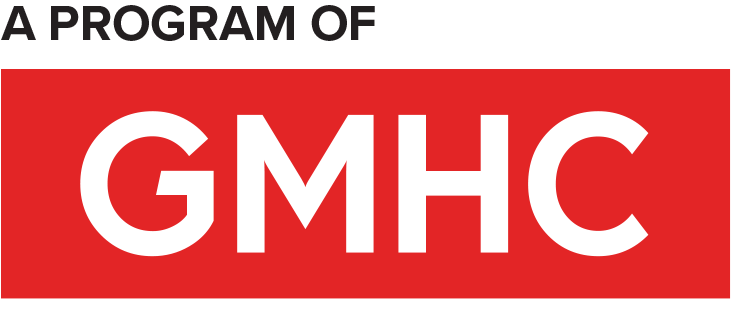Older adults with HIV have higher rates of substance use than their HIV-negative peers. They may have used both legal (tobacco and alcohol) and illegal substances (cocaine, amphetamine, THC, pain killers etc.) when they were younger. And some are still dealing with addiction. Research reports that show almost half are enrolled in recovery programs.
Older adults with HIV who are struggling with a substance use issue should make recovery a priority. If substance use occurs in the context of managing multimorbidity there can be interactions with medications. Also, people who use substances may have difficulty adhering to their meds. Substances can also have dangerous interactions with medications. Their use also increases the risk for falls and for poor self-care.
What you can do with your doctor
It may be difficult, but it’s essential to be honest with your doctor about your substance use. This information will help your doctor make better treatment decisions and referrals. In addition, if you experience an acute health crisis, your physician and other care providers will be aware of the possible role of other substances and can avoid medications or treatments that might be counterproductive or even life threatening.
What you can do yourself
Try to reduce or eliminate the use of substances that can negatively affect your health. Each substance contributes to the overall inflammatory cascade in the body, which increases risk for multiple comorbidities. To find support from others, seek community-based recovery programs that provide opportunities for building new social networks. You might also benefit from encouraging and helping others to access these programs.

